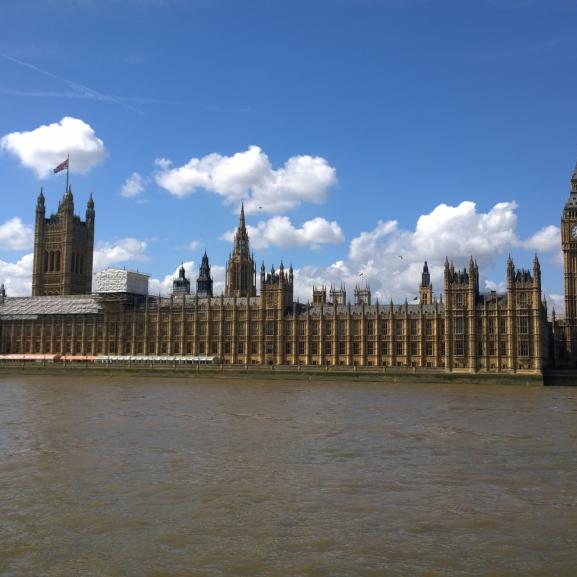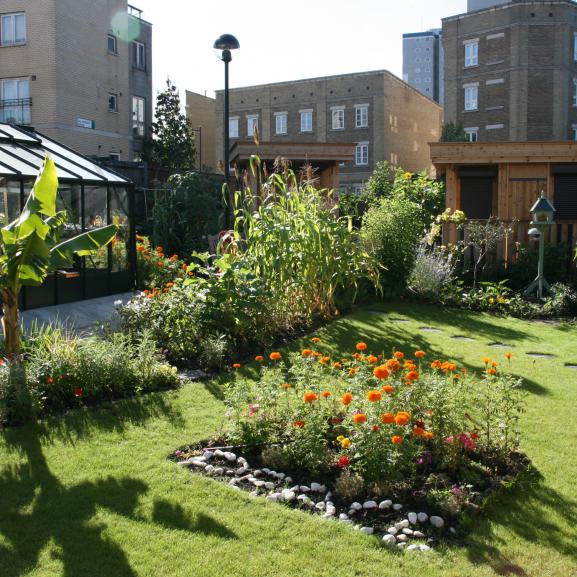New UN interpretation of survivors’ right to rehabilitation
We take great pleasure in welcoming the Committee against Torture’s new general comment on Article 14 of the UN Convention against Torture which specifically recognises the right to rehabilitation for torture survivors.
As a specialist torture rehabilitation centre, we have long supported efforts at the international, national and local levels to ensure survivors have effective access to holistic treatment services aimed at restoring their functioning, independence and full inclusion and participation in society. To this end we have actively contributed to the ongoing debate surrounding the scope and interpretation of Article 14.
In ‘Remedy for Torture Survivors in International Law: Interpreting Rehabilitation’, a discussion paper released early last year, we outlined how rehabilitation is essential to the ultimate reparative aim of returning a victim of torture to the position they were in prior to their abuse and explored the implications for survivors facing forcible removal to states where adequate rehabilitation services are not available. This was followed by our response to the Committee against Torture’s consultation, which drew on our clinical expertise to make several recommendations for how this important part of the Convention should be interpreted. The Survivors Speak OUT network (SSO) then took the fight to the UN General Assembly in New York, to explain how restricted access to rehabilitation for survivors constituted a continuing violation of their human rights.
We are delighted that, after years of advocacy on this issue, the Committee has recognised that the right to rehabilitation applies to survivors forced to flee the country of their torture in order to seek protection in states like the UK that are signed up to the Convention against Torture. The Committee has also expressly stated that effective, specialised rehabilitation services must be accessible to asylum seekers and refugees.
In our experience, the uncertainty for survivors as to whether they will be returned to the state where they experienced torture can cause or exacerbate psychological health problems connected with their torture and this means that access to rehabilitation services in a 'host' state, whilst the outcome of an asylum claim is awaited, is absolutely imperative.
This recognition that rehabilitation services must be accessible to asylum seekers and refugees is not only an important victory for survivors living in exile worldwide, but also, more immediately, for our clients here in the UK.
This development comes on the cusp of new research which we have conducted here at Freedom from Torture. Due to be released early next year, ‘The Poverty Barrier’ details the impact of poverty on survivors living in the UK, and confirms a disturbing reality for many of our clients; namely, that poverty dramatically reduces survivors’ capacity to access their right to rehabilitation and, subsequently, can act as a significant barrier to their long-term recovery.
Article 14, and survivors’ ability to access their right to rehabilitation, has never been more relevant.






